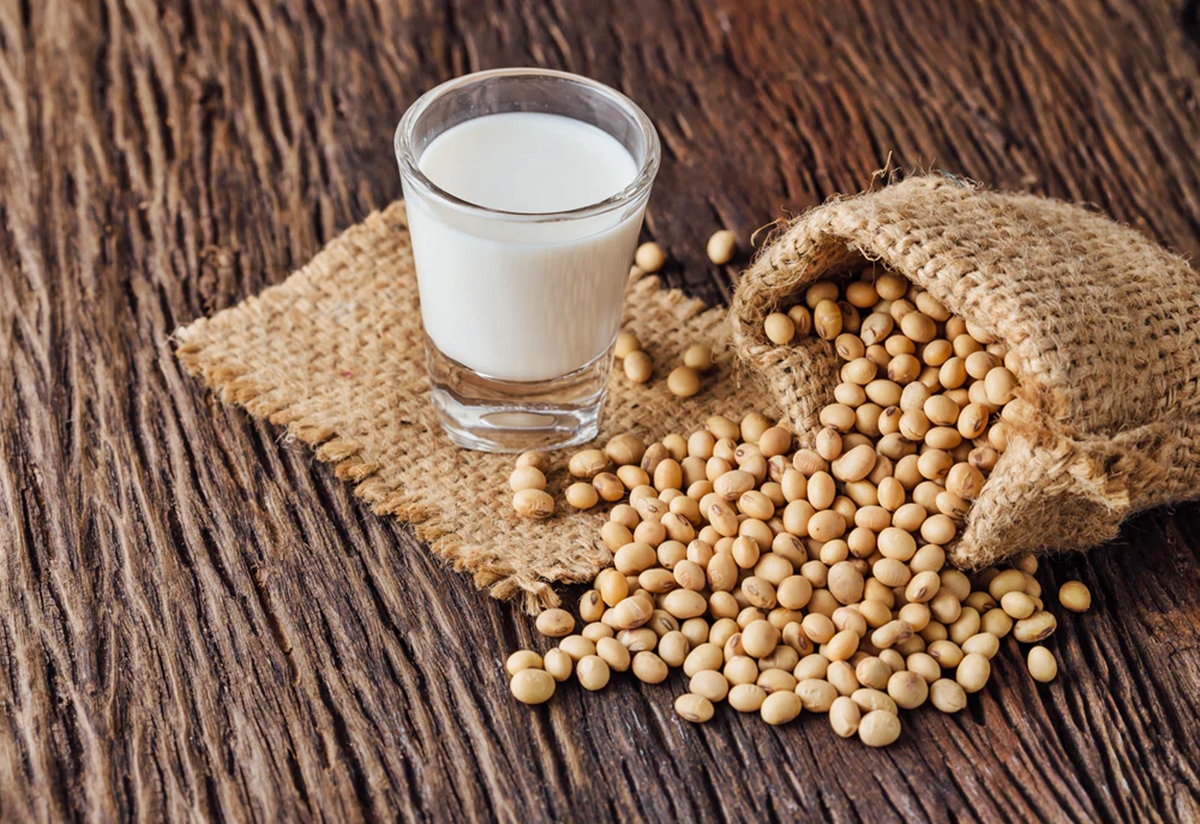Top 5 Health Benefits of Buckwheat
Buckwheat is a highly nutritious and versatile grain-like seed that is gaining popularity for its numerous health benefits. Despite its name, buckwheat is not actually a form of wheat, but rather a pseudocereal that is gluten-free and packed with essential nutrients. From supporting heart health to aiding in digestion, let’s explore the top 5 health benefits of incorporating buckwheat into your diet.
1. Rich in Nutrients
Buckwheat is a nutritional powerhouse, providing a wide range of essential vitamins and minerals. It is a great source of protein, containing all nine essential amino acids. Additionally, buckwheat is high in fiber, which aids in digestion and helps regulate blood sugar levels. It is also rich in minerals like manganese, magnesium, and phosphorus, which are vital for bone health.
2. Heart-Healthy
One of the standout health benefits of buckwheat is its potential to support heart health. Buckwheat contains a compound called rutin, which has been found to improve blood flow and reduce inflammation. The high fiber content in buckwheat may also help lower cholesterol levels, reducing the risk of heart disease.
3. Gluten-Free Alternative
Buckwheat is an excellent choice for those following a gluten-free diet. Unlike wheat, rye, or barley, buckwheat is naturally gluten-free, making it a suitable grain substitute for individuals with gluten sensitivities or celiac disease. It can be used in a variety of gluten-free recipes, from porridge to pancakes.
4. Supports Digestive Health
The fiber content in buckwheat promotes a healthy digestive system. The insoluble fiber adds bulk to the stool, aiding in regular bowel movements and preventing constipation. Buckwheat also contains resistant starch, a type of fiber that acts as a prebiotic, feeding the beneficial bacteria in your gut and promoting a healthy gut microbiome.
5. Manages Blood Sugar Levels
Buckwheat has a low glycemic index, meaning it causes a gradual and steady rise in blood sugar levels. This makes it an excellent choice for individuals with diabetes or those looking to manage their blood sugar levels. The high fiber content in buckwheat slows down the digestion process, leading to better blood sugar control.
In conclusion, adding buckwheat to your diet can offer a myriad of health benefits. From its impressive nutrient profile to its support of heart health, digestion, and blood sugar management, buckwheat is a versatile and nutritious food choice. Consider incorporating this gluten-free pseudocereal into your meals to reap the many rewards it has to offer.
Due to its high fiber content, buckwheat can help promote feelings of fullness and reduce appetite, potentially leading to decreased calorie intake. Additionally, buckwheat is a complex carbohydrate with a relatively low glycemic index, meaning it is digested slowly and can help regulate blood sugar levels. This can prevent spikes in insulin and promote weight loss or weight maintenance.
Buckwheat contains compounds called flavonoids, which have been associated with improved cardiovascular health. These flavonoids help protect against inflammation, oxidative stress, and high blood pressure – all of which can contribute to heart disease. Additionally, buckwheat is rich in fiber and magnesium, both of which are essential for maintaining a healthy heart.
The high fiber content in buckwheat helps regulate blood sugar levels by slowing down the absorption of glucose. This can prevent sudden spikes and crashes in blood sugar, making buckwheat a great choice for maintaining stable blood sugar levels. Furthermore, buckwheat is a good source of magnesium, a mineral that plays a role in glucose metabolism and insulin sensitivity.
Despite its name, buckwheat is not related to wheat and does not contain gluten. It is naturally gluten-free, making it an excellent alternative for those who need to avoid gluten in their diet. Buckwheat flour can be used as a substitute for wheat flour in various recipes, offering a nutritious and safe option for gluten-free baking.
Buckwheat contains a significant amount of dietary fiber, which is essential for maintaining a healthy digestive system. Fiber adds bulk to the stool, preventing constipation and promoting regular bowel movements. Moreover, the fiber in buckwheat acts as a prebiotic, nourishing beneficial gut bacteria, which is vital for optimal digestion and overall gut health.
Was this page helpful?
Read Next: Top 5 Health Benefits Of Cranberries











